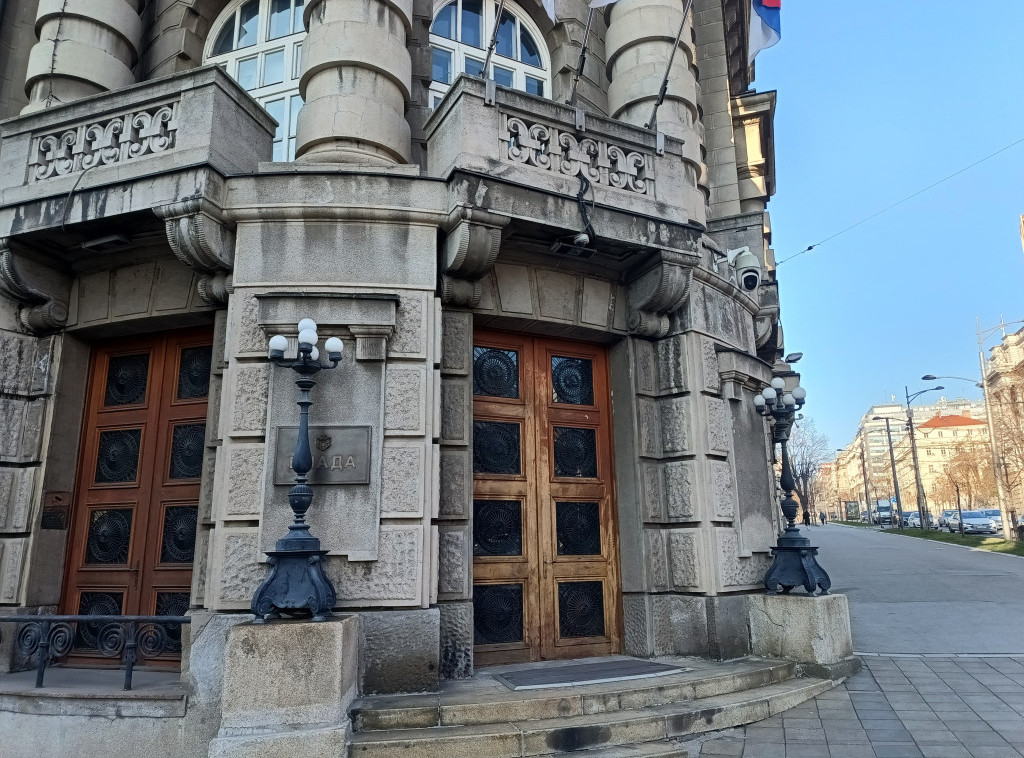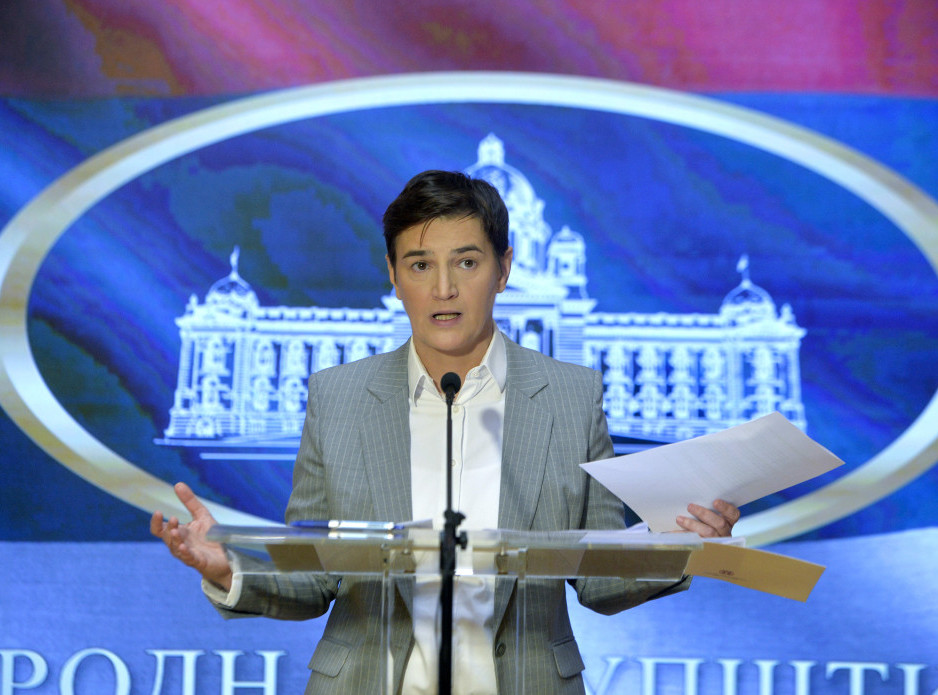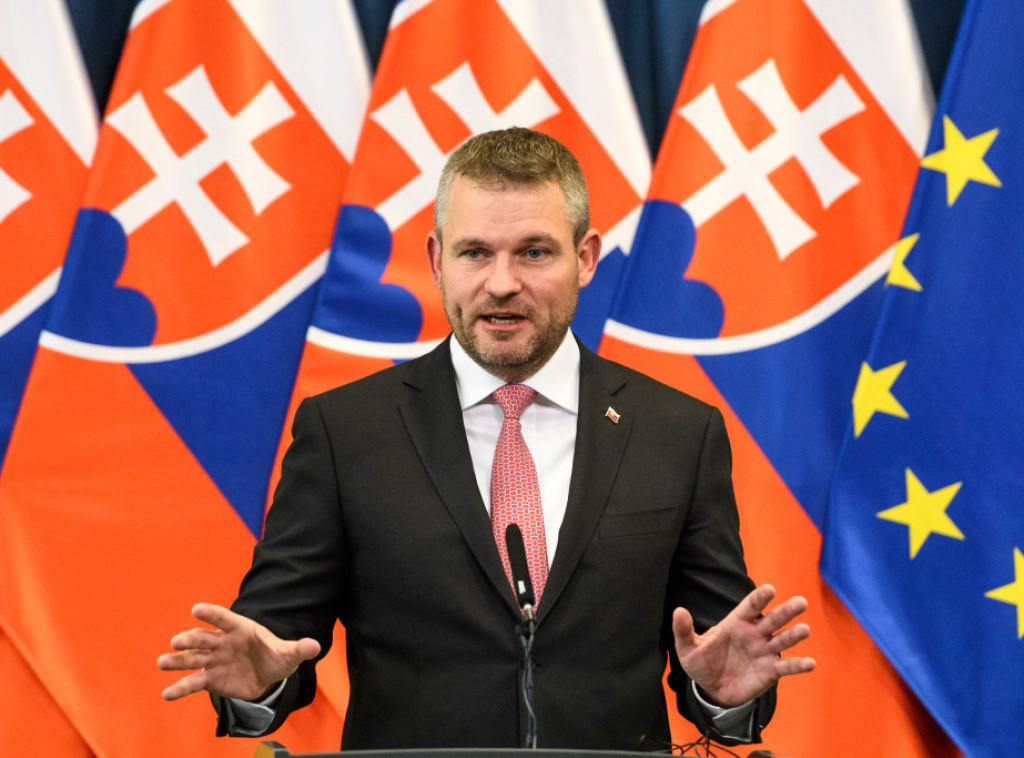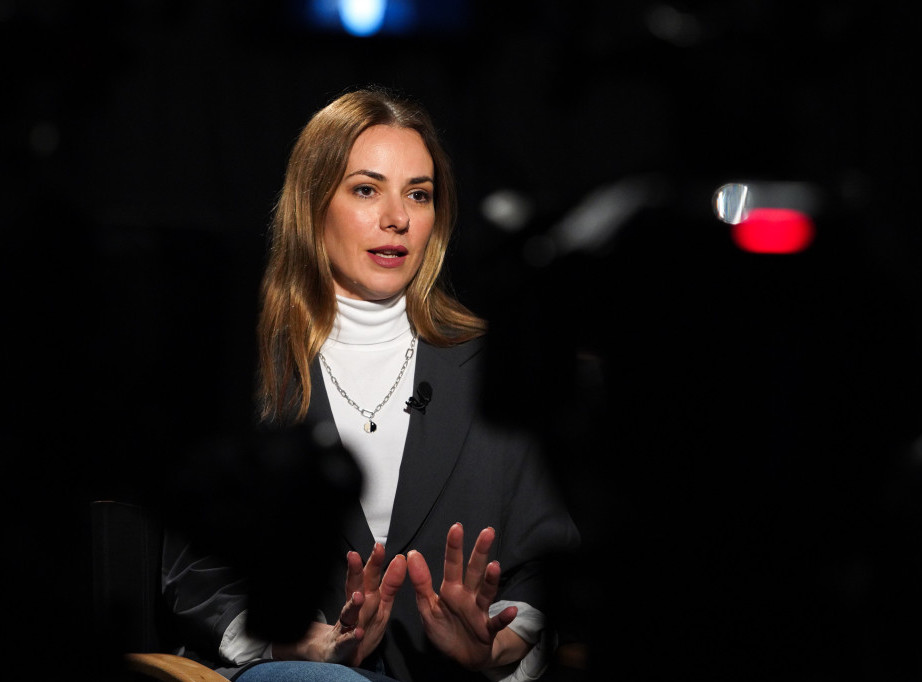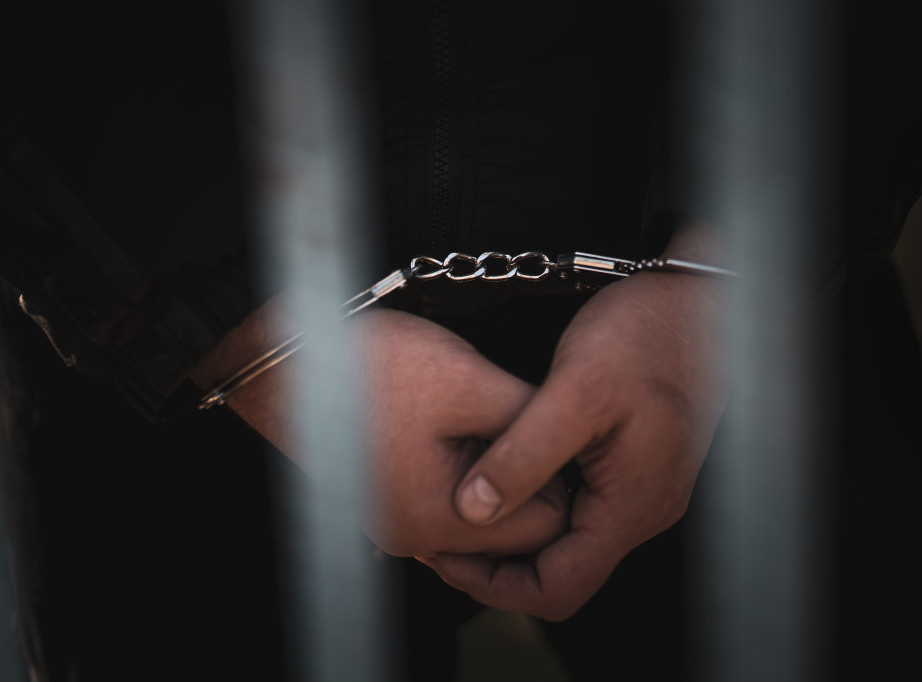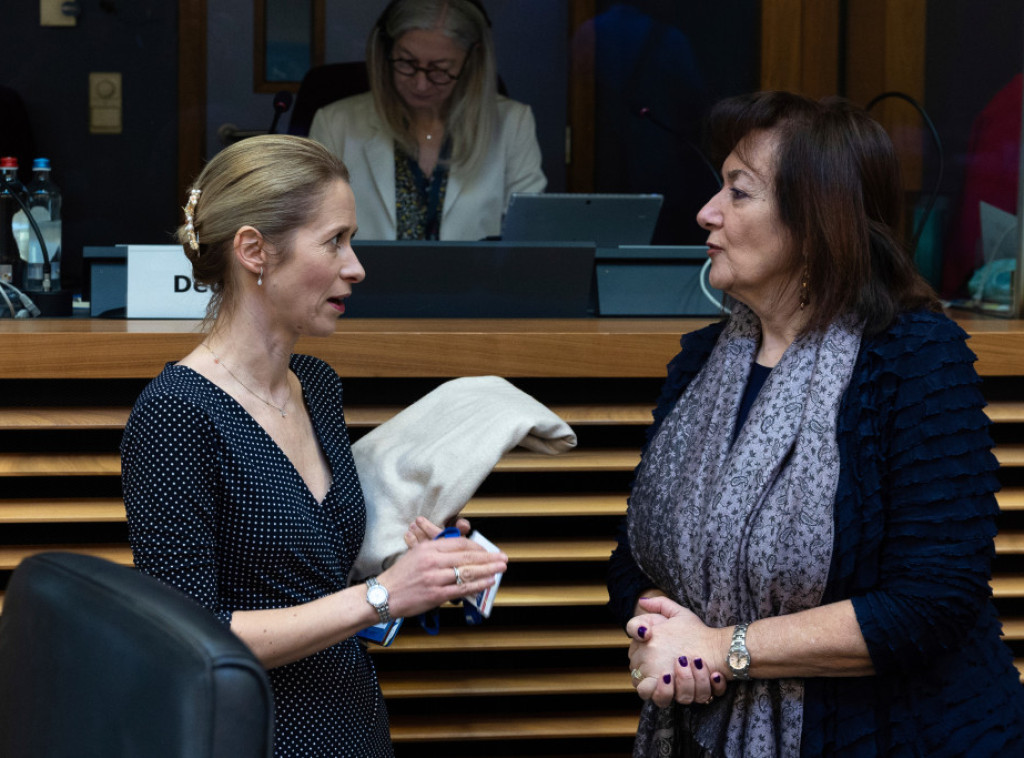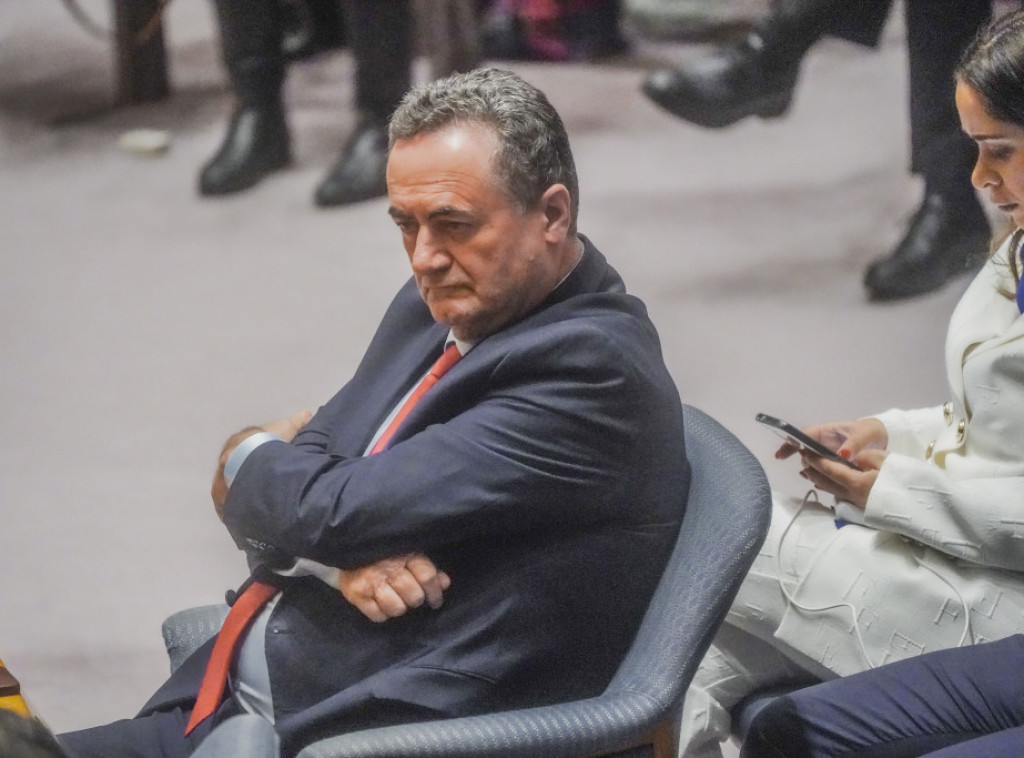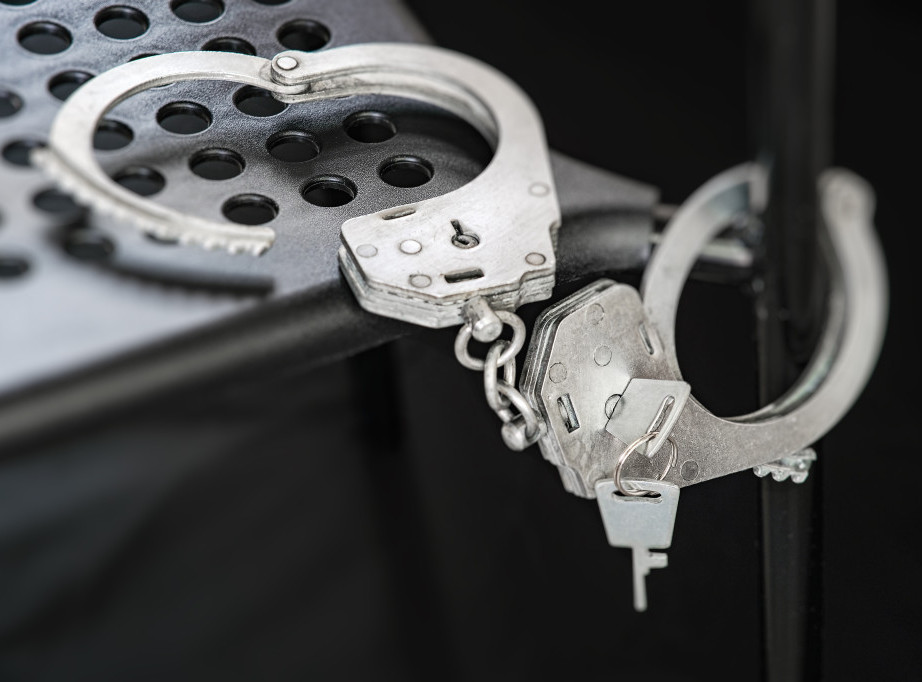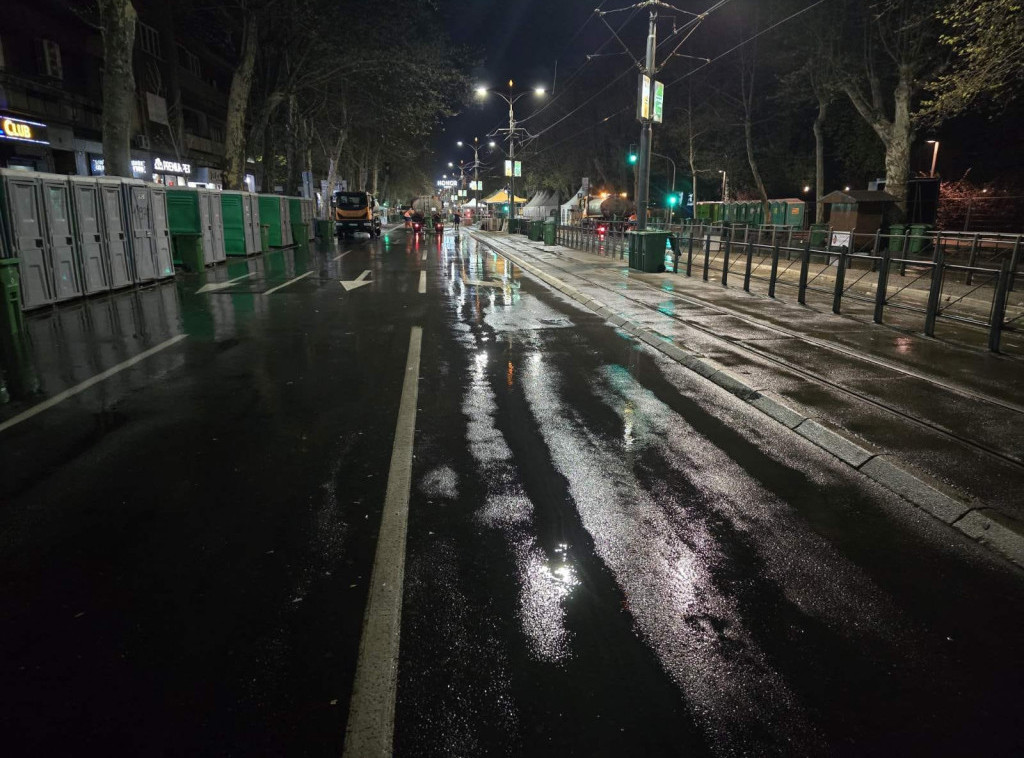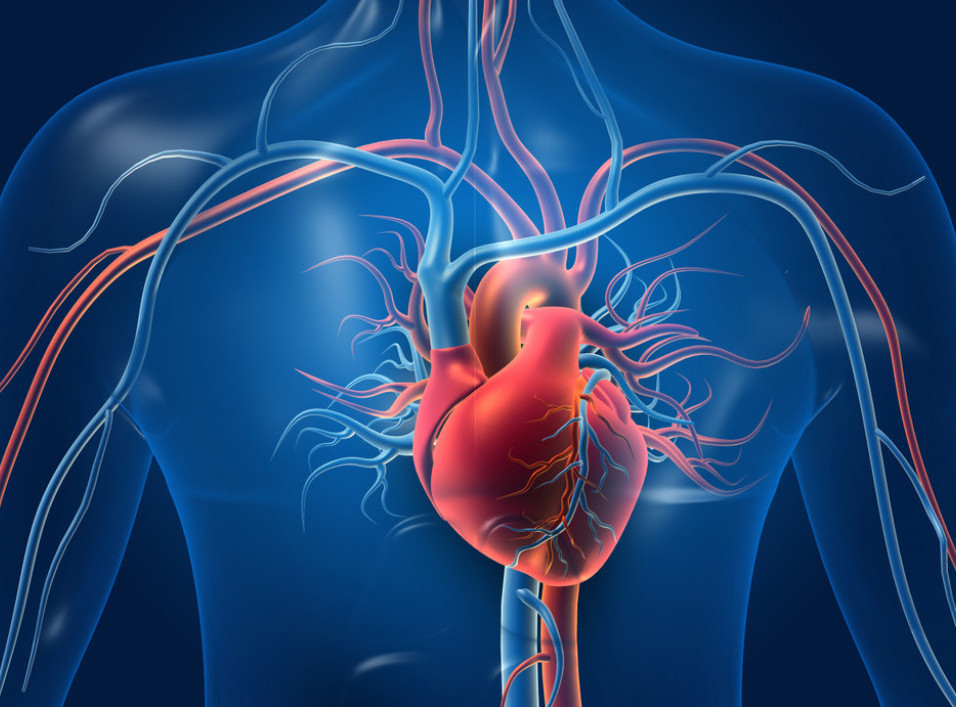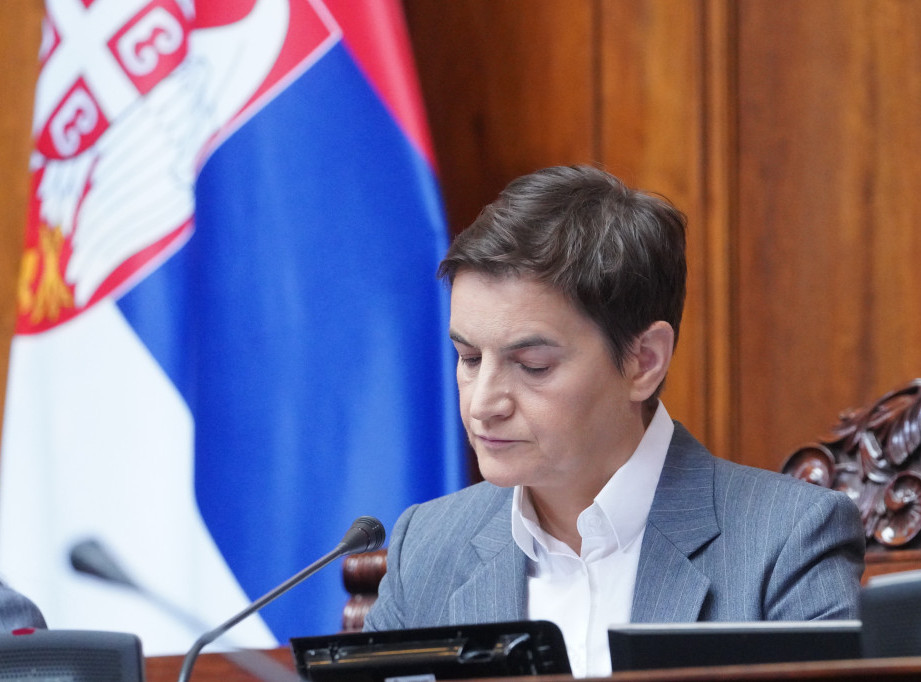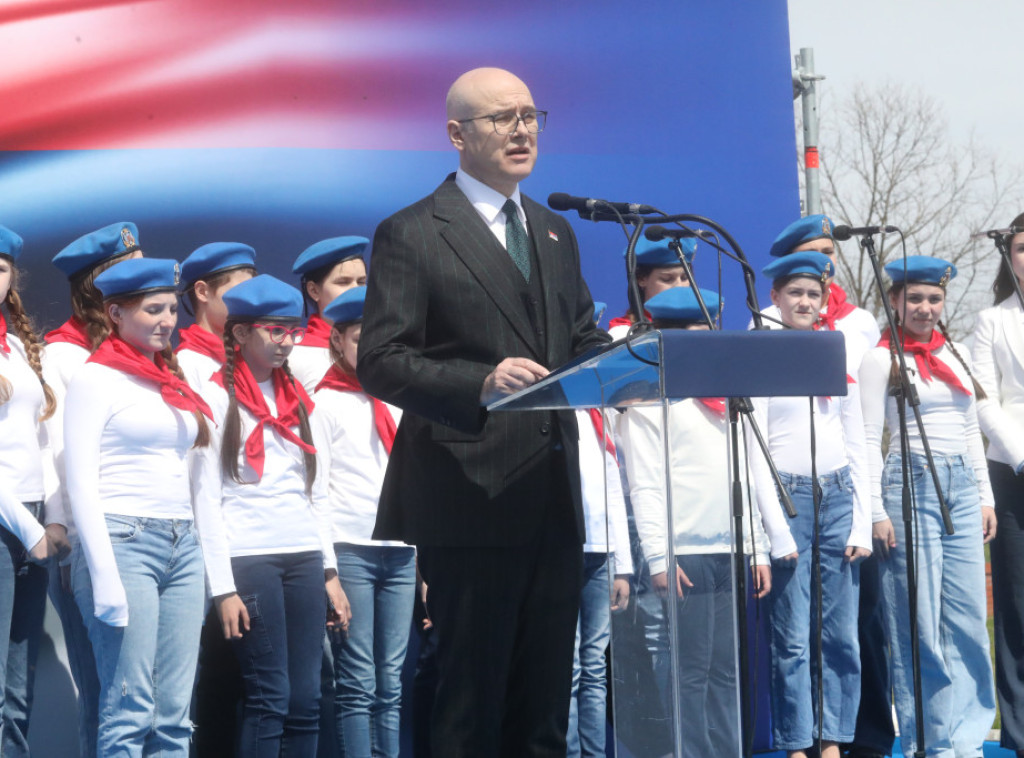9. avgust 2024 13:49
Tabakovic: Serbia's economic landscape fundamentally transformed in past 12 years
podeli vest
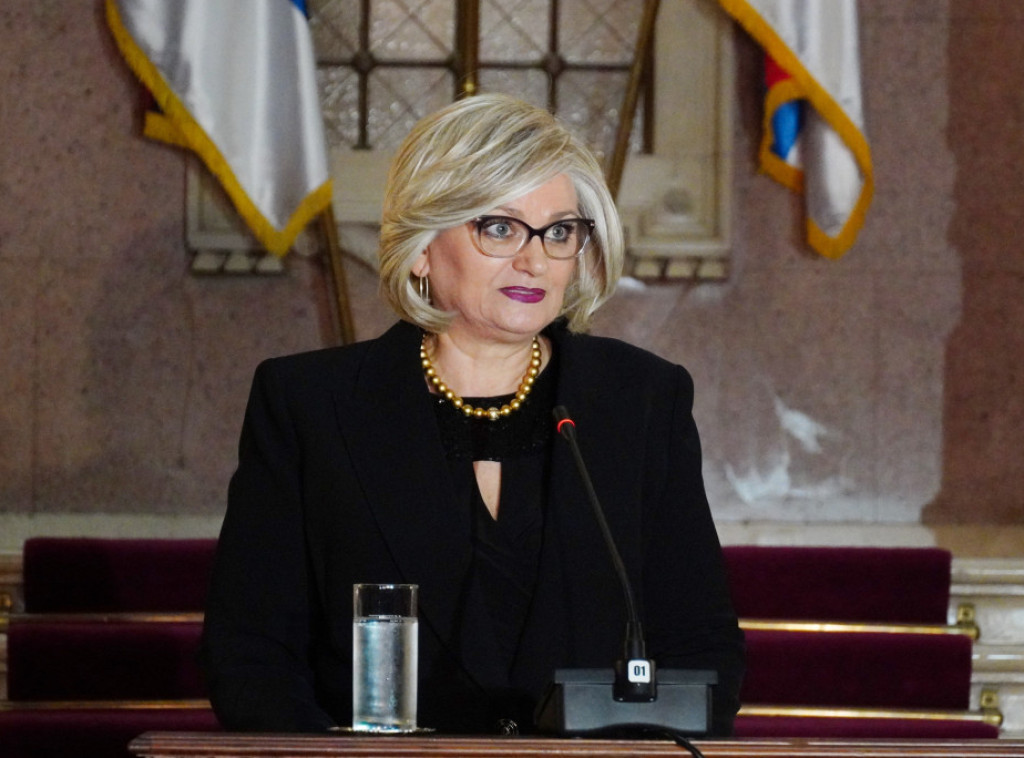
Foto: TANJUG/VLADIMIR ŠPORČIĆ
BELGRADE - National Bank of Serbia (NBS) Governor Jorgovanka Tabakovic says Serbia's economic landscape has been fundamentally transformed during her 12 years in office and that Serbia is now half a step away from an investment-grade rating.
"Serbia today is a country whose inflation is comparable to that of central European countries. It has a stable currency, a record high level of FX reserves, a stable financial system, orderly public finances, robust investment growth, vibrant exports and a sustainable external position," Tabakovic said in an NBS statement.
"High inflation inherited in late 2012 was cut to 2.2 pct within a year. By conducting an adequate monetary policy, we lowered inflation by 10 pp – from 12.2 pct at end-2012 to 2.2 pct at end-2013. Over the following eight years, until global inflationary pressures escalated in 2021, average inflation in Serbia was kept at 2.2 pct. While in 2009–2013 it was 4.9 pp higher than in central European countries, in the period thereafter average inflation in Serbia equalised with that in central Europe.
We responded jointly – the NBS and the Serbian Government – to imported inflation, generated by a global polycrisis. We invested utmost effort to protect the citizens’ living standard, without jeopardising economic growth. The record, 93.5 pct coverage of the average consumer basket by average wage in the five months of 2024 vs. 65.9 pct in 2013, and of the minimum consumer basket by minimum wage of 88.9 pct vs. 58.7 pct in 2013, best confirm the growth in our citizens’ living standard in the past twelve years, despite the period of pronounced global negative macroeconomic shocks," Tabakovic said.
"The established and preserved relative stability of the dinar exchange rate against the euro in the past twelve years has become the NBS’s trademark – in this period, the dinar gained 1.3 pct in nominal terms. We bought almost 10 bln euros net in the FX market, this being the largest individual factor behind the increase in the country’s FX reserves.
Amid prevailing supply-side pressures, by purchasing foreign currency the NBS has prevented dinar’s excessive appreciation during seven of the past eight years. In 2023, we bought a record high level of foreign currency, worth almost 4 bln euros net, and over 1.6 bln euros in 2024. We are thus boosting our FX reserves, i.e. further reinforcing one of the pillars of financial stability at home.
FX reserves are recording new historical highs. At end-July 2024, gross FX reserves stood at 28.1 bln euros, up by 18 bln euros or 2.8 times more compared to end-July 2012, despite the unprecedented global mayhem. We also increased our net FX reserves by over four times – from 5.5 bln euros to 23.9 bln euros.
Since August 2012, we have significantly increased the quantity, value and share of gold in FX reserves: the quantity of gold has been increased by over three times – from 14.8 t in late July 2012 to the current, record high level of 46.7 t," she added, noting that the value of gold reserves had increased by five and a half times – from 0.6 bln euros to 3.4 bln euros, while the share of gold in reserves had doubled from around 6 pct to around 12 pct.
"We lowered the NPL share in total banking sector loans to below 3 pct (2.94 pct in June 2024), from the inherited level of around 20 pct (a fifth of banking sector assets).
Goods and services exports expanded by almost four times – from 11.5 bln euros in 2012 to 41.0 bln euros in 2023.
During the last 12 years, the FDI inflow amounted to 34 bln euros, with a record inflow of 4.5 bln euros registered in 2023. This means new jobs and regular wages for our citizens, our country’s full budget, stable and smooth functioning of our educational, health, security and all other government systems," Tabakovic said.
"Serbia’s credit rating was upgraded by two notches, despite the international crises, and is now half a step away from investment grade. The most important international investors say that Serbia is one of three key markets that they are currently monitoring and that they already consider Serbia an investment-grade country," she noted.

